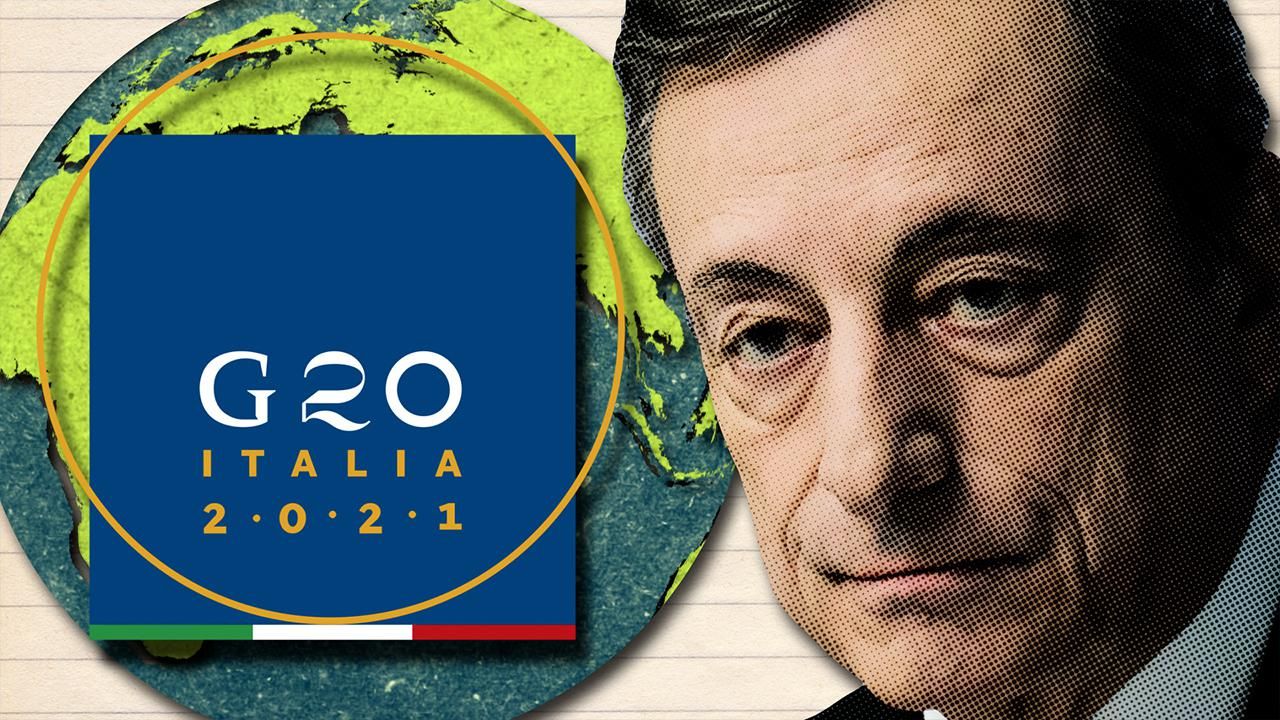What We’re Watching: Draghi’s gamble, new hotspot for US-bound migrants, Russia-Ukraine water wars
"Super Mario" takes his chances: Less than five months after becoming Italy's consensus prime minister, Mario Draghi's coalition government is on shaky ground over Draghi's proposed judicial reforms. "Super Mario" — as he's known for saving the Eurozone as European Central Bank chief during the financial crisis — wants to dramatically speed up Italy's famously slow courts. But his push to reduce judicial backlogs is opposed both by the populist 5-Star Movement, the coalition government's biggest party, and by prosecutors because many cases could be scrapped before reaching a verdict. Draghi, upset that this resistance is stalling his other initiatives to cut Italian red tape, has decided to roll the dice anyway: he'll put his plan to overhaul the courts to a no-confidence vote in parliament. If Draghi wins, he gets the reforms passed without debate; if he loses, the PM technically has to resign, but he'll keep his job because he has enough votes even if the 5-Star Movement bows out of the coalition.
Colombia suddenly a US migration hotspot: US immigration from Latin America significantly slowed in 2020 due to the pandemic. But that's all changed as land borders have reopened. In recent weeks, a record number of migrants have attempted to cross the Darien Gap — dangerous rainforest terrain that straddles Panama and Colombia, and a major crossing point for South Americans trying to reach the US. (Many people die while making the precarious journey; often they are attacked either by wild animals or targeted by gangs.) Panama says 42,000 US-bound migrants have crossed into the country this year alone, up from 8,594 in all of 2020. Meanwhile, the Colombian border town of Necoclí is stretched to its limits, with 1,000 migrants arriving daily, overwhelming its scarce resources and fragile infrastructure. What's more, US authorities are reporting a surge in migration from conflict-plagued Haiti and Cuba. It's a massive concern given that many Latin American countries are experiencing explosive COVID outbreaks.
A liquid flashpoint in Crimea: As a peninsula surrounded by waves, Crimea doesn't leap to mind as a place that lacks for water, but the saltiness of the Black Sea is nothing compared to the latest local acrimony (paywall) between Russia and Ukraine — this time over precisely that: water. After Russia illegally annexed Crimea from Ukraine in 2014, the Ukrainian government cut off a Soviet-era canal that supplied 85 percent of the region's fresh water. Moscow, a little breathlessly, says that this amounts to an attempted "genocide", and is struggling to figure out how to provide drinking water to the more than 2 million residents of the peninsula, most of whom are very happy to be part of Russia again, even if it leaves them a little dry. Kyiv meanwhile is worried that Russia's thirst for Ukrainian territory isn't slaked just yet, and that in addition to backing a separatist enclave in the country's east, the Kremlin might make a move on some nearby rivers that could supply Crimea.